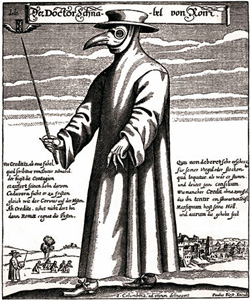Pay-to-pay-to-play

A friend of mine who’s my age but whose health is less perfect than mine pays over three times what I do for health insurance and his out-of-pocket expenses are considerable. The unkindest cut, though, came yesterday when his primary care physician informed him that she’s joined a national network called MD VIP. This means that she’s about to charge him a “fee for access.”
While its marketing materials try to create subjective distance between MD VIP and what’s known generically as “concierge medical care,” I’m neither convinced nor impressed.
Read the MD VIP FAQ page and you’ll discover that network physicians agree to take on only as many patients as they can serve effectively, spend as much office time as necessary to properly hear and be heard by patients, honor appointment times, be accessible by phone after hours and on weekends for emergencies, give thorough physicals and be proactive, rather than reactive, in their overall approach to healthcare.
In other words, MD VIP acknowledges that our healthcare industry currently provides neither excellent healthcare nor good customer service as a matter of course. Like airlines that charge premiums for access to legroom, overhead baggage storage, in-flight meals, pillows and blankets, networks like MD VIP charge premiums for access to a business model that used to be the norm.
I’m old enough to remember that norm. I remember both house calls and coach class meals that were substantial, tasty and included in the price of the ticket.
It irks me that we’re now being conditioned to accept two-tier pricing systems that charge one price for doing a job and another price for doing the same job correctly. I’m offended in the extreme, however, by physicians who would establish such a system for themselves and then insult our intelligence by asking us to believe that healing is still their highest priority.
The modern version of the Hippocratic Oath, written in 1964, ends with this line: “May I always act so as to preserve the finest traditions of my calling and may I long experience the joy of healing those who seek my help.”
Modern translation: “Caveat emptor.”